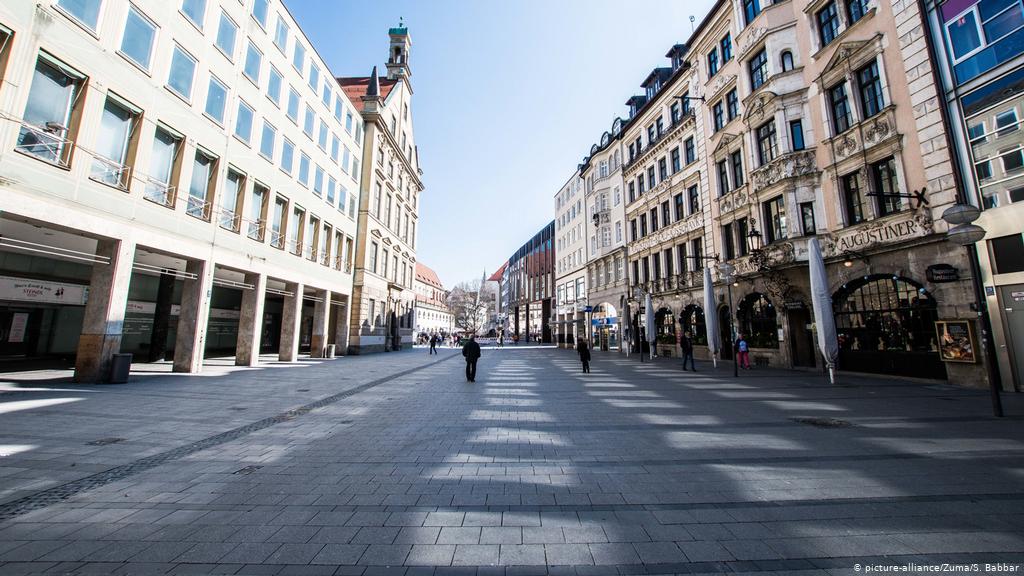The move, set to last until February 17, is necessary “to protect the people of Germany and to limit the entry and rapid spread of the new virus variants”, according to a government decree sighted by newsmen.
The affected countries are Britain, Ireland, Portugal, Brazil, and South Africa, as well as the southern African kingdoms of Lesotho and Eswatini.
The entry restrictions cover arrivals by air, bus, rail, and sea, but several exceptions will be granted.
Read Also: COVID-19: UK Imposes Travel Ban On UAE
Germans and other nationals living in Germany are allowed to return, while passenger transits and freight traffic will also be unaffected.
Exemptions also include the entry of medical workers and people in other key jobs.
The emergence of virus mutations in Britain, Brazil, and South Africa, deemed more infectious than the original strain, has fuelled concern at a time when many nations are struggling to rein in the pandemic.
Interior Minister Horst Seehofer said earlier this week that he wanted to reduce flights into Germany to “almost zero”.
The European Union remains opposed to a blanket travel ban or closures of national borders, despite some members seeking tougher action.
European Commission President Ursula von der Leyen on Thursday said all non-essential travel ‘should be strongly discouraged’.
Portugal, which has strong air links with Brazil, has seen an explosion in cases and on Thursday decided to limit foreign travel for two weeks.
In a related development, Britain on Tuesday announced an outright travel ban on non-citizens arriving from the United Arab Emirates and severe quarantine measures for citizens coming in from there to stem coronavirus cases, hitting Dubai holidaymakers and expatriates.
Transport Secretary Grant Shapps said the UAE has been added to the government’s ‘red list’ along with Burundi and Rwanda from 1.00 pm (1300GMT) on Friday.
AFRICA TODAY NEWS, NEW YORK
